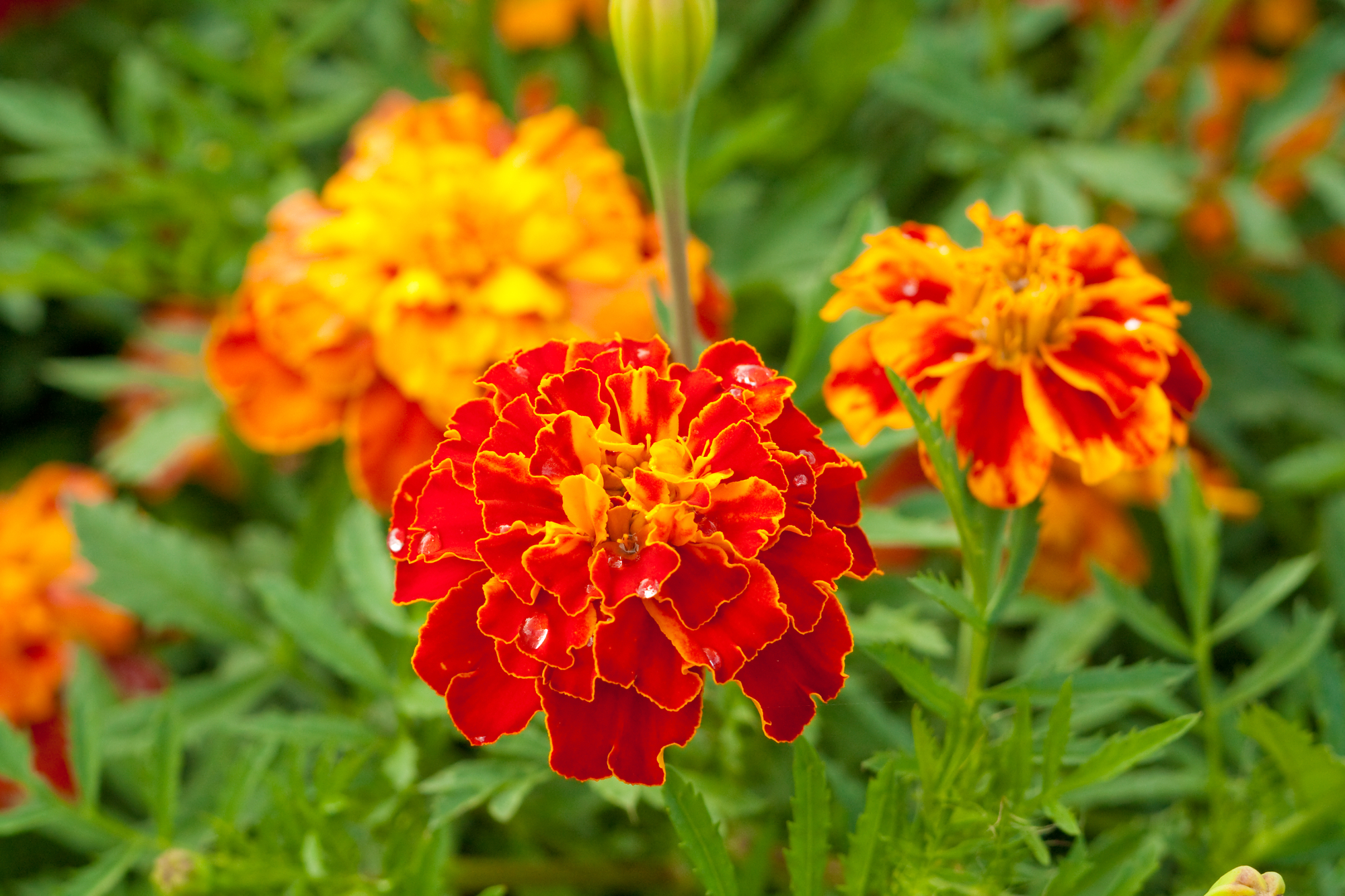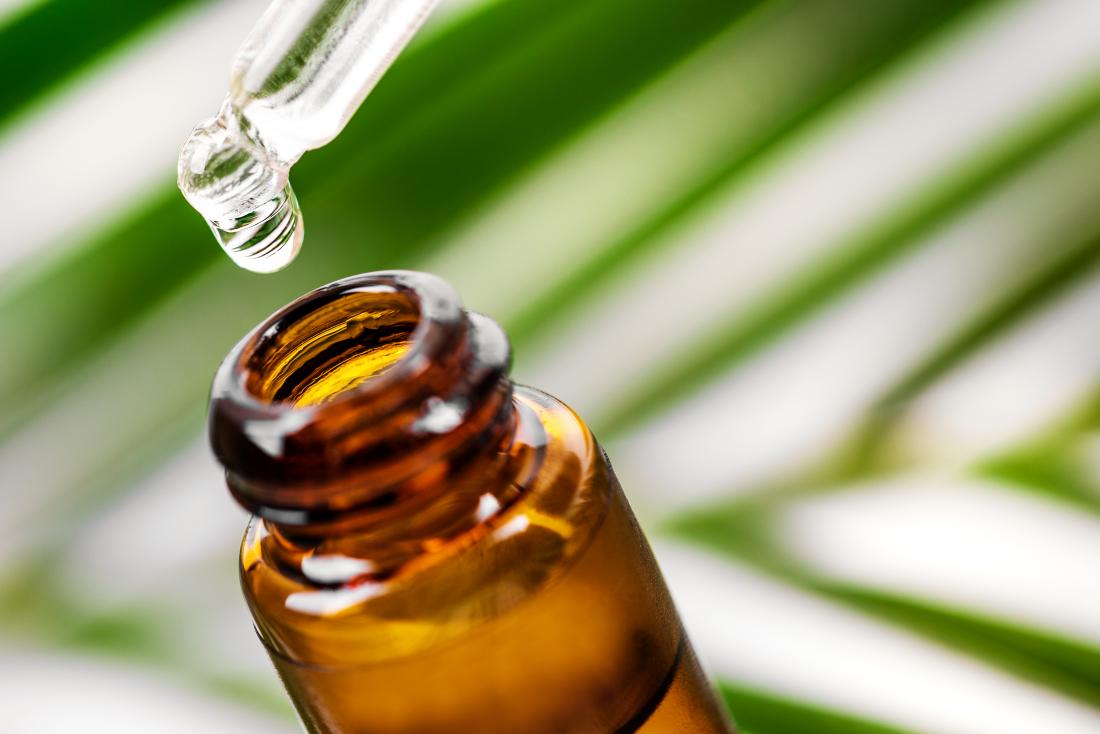How Are Essential Oils Made?
At Bulk Apothecary, many of our essential oils are 100% pure. We also carry certified organic essential oils. Here is the process used to turn a plant into an essential oil you can use in your home.
Harvesting
The first step to creating essential oils is harvesting the materials. It’s important to have ethical producers that can provide us with high-quality ingredients. The part of the plant used for harvesting depends on the plant type. For instance, extracting lavender essential oils from the flower and peppermint oil from the leaves. Other aspects, such as the time of day the producers harvest the plants, can also affect the oil’s quality. These are all factors that our producers understand and follow.
Extraction
After harvesting, the plants are ready to undergo the extraction process. Extraction is how oil is removed from the plant. There are a few different ways to extract oil, including:
Distillation
Distillation is one of the most popular ways of extracting oil from a plant. There are two types of distillation: water and steam.
With steam distillation, the manufacturer places the plant in a still, and steam is passed through to evaporate the oil from the plant. The oil and steam can then be run through a condenser and turned back into liquid form. Once in liquid form, a machine separates the water from the oil. We usually use this process on more hardy and robust plants.
For more fragile plants, water distillation may be a better option. Water distillation involves boiling the plant in a pot or still of water. The boiling creates steam. This steam is then run through a condenser to return it to liquid form. Once it is back in liquid form, a machine separates the oil from the water.
Expression
Expression, otherwise known as cold-pressing, is an extraction method that involves mechanically pressing the plant. Manufacturers often use cold-pressing to make citrus oils from fruit rines, such as with lemon, lime, and grapefruit. During expression, we place the rinds of the fruit in a large container. This container is filled with spikes that puncture the rind to remove the oil. Some containers can even sort the oil from the juice, water, and pulp using centrifugal force. As the name “cold-pressing” would suggest, this method does not use any heat to remove the oils. Certain oils degrade when exposed to heat, so cold-pressing these sensitive plants helps protect the integrity and potency of the oil they produce. Cold-pressing to make lemon essential oil.
CO2 Extraction
CO2 extraction starts with liquifying CO2 in a sealed, pressurized chamber. The CO2 is then used as a solvent to absorb the oil in the plant. Once the oil is absorbed, the manufacturer returns the CO2 and oil to normal pressure. Without the pressure, the CO2 turns back into a gas, leaving behind the essential oil. CO2 extraction does not leave behind any solvent. Even if it did, CO2 is non-toxic and has no color or odor. This means that even if there were traces of CO2 left behind, it would not affect the quality of the oil.
Solvent Extraction
Manufacturers usually use solvent extraction on plants that are too delicate to be distilled, such as jasmine or rose. They then use a solvent (such as hexane or ethanol) to extract the oil from the plant. After extraction, the solvent evaporates, leaving behind the oil. This method is known for creating oils with fine fragrances.
Refining
After extraction, the final step is to refine the oil. Refining is the process of removing unwanted compounds or other impurities to create a more pure product. Refining can improve the quality of the oil, increase its shelf life, make it safer to use, and help create a more consistent product. Just as there are many extraction methods, there are also a few different methods for refining oil.
Filtering
After being extracted, the oil is sent through filters to remove any remaining debris. The manufacturers often use this method with oils extracted using solvent extraction or cold-pressing. This is because there can be larger pieces left behind after cold-pressing. Sometimes an oil must be run through multiple filters, starting with a larger one and working its way down to a very fine filter. After being thoroughly filtered, the oil is clear and ready to use.
Rectification
The rectification process involves re-distilling the oil using steam. This causes the oil to separate into various fractions. Each fraction contains different components. When this separation occurs, removing impurities and isolating the desired components is easier. We are left with a more potent and pure essential oil when we remove the unwanted components.
Our Principles
At Bulk Apothecary, we care about production processes because we take pride in the quality of our products. Some of the principles that we believe in are:
- Using high-quality ingredients that are produced and sourced through ethical means.
- Offering market-leading prices.
- Appreciating our customers.
When you buy your essential oils from Bulk Apothecary, you don’t need to worry about sacrificing quality for lower prices. We keep our customers and ethics at the center of our business.
Make an Essential Oils Wholesale Order With Bulk Apothecary
If you need to make an essential oils wholesale order, then Bulk Apothecary has everything you need. We make our essential oils carefully with the processes outlined above, and our prices are competitive without sacrificing the quality of our oils. Make an essential oils wholesale order with us today and take a look at our other apothecary supplies as well to create the perfect candles or soaps with your oils.


